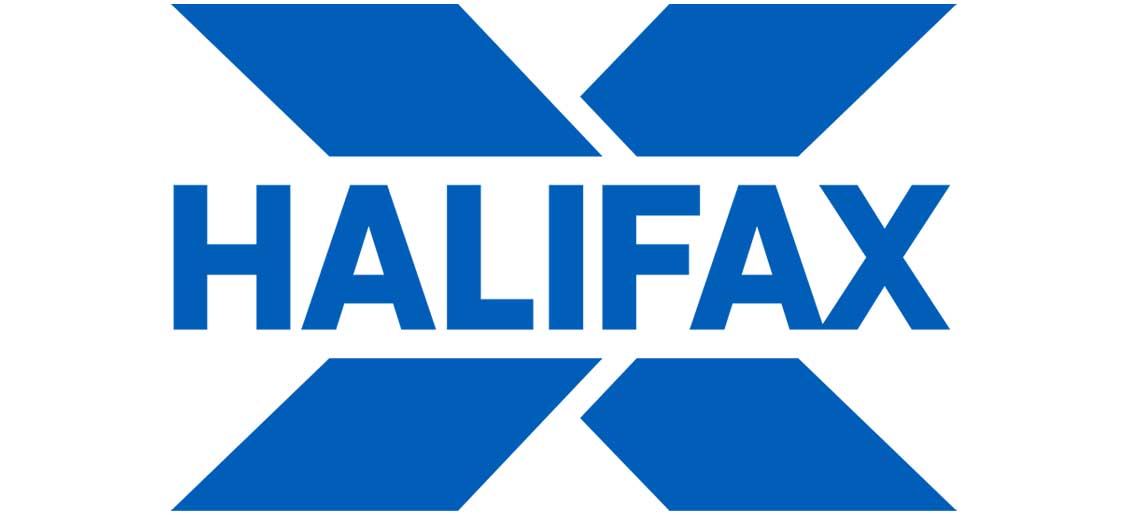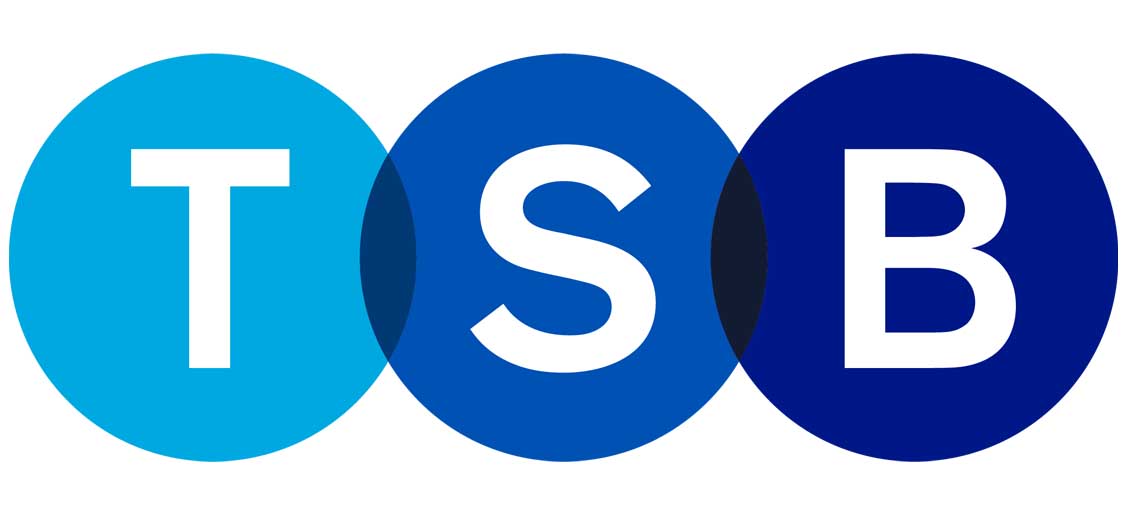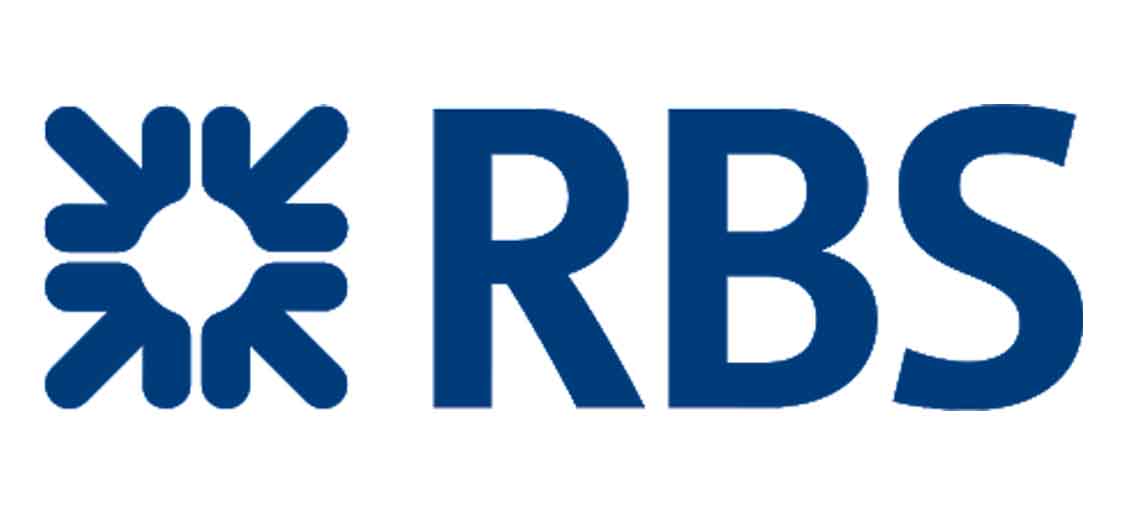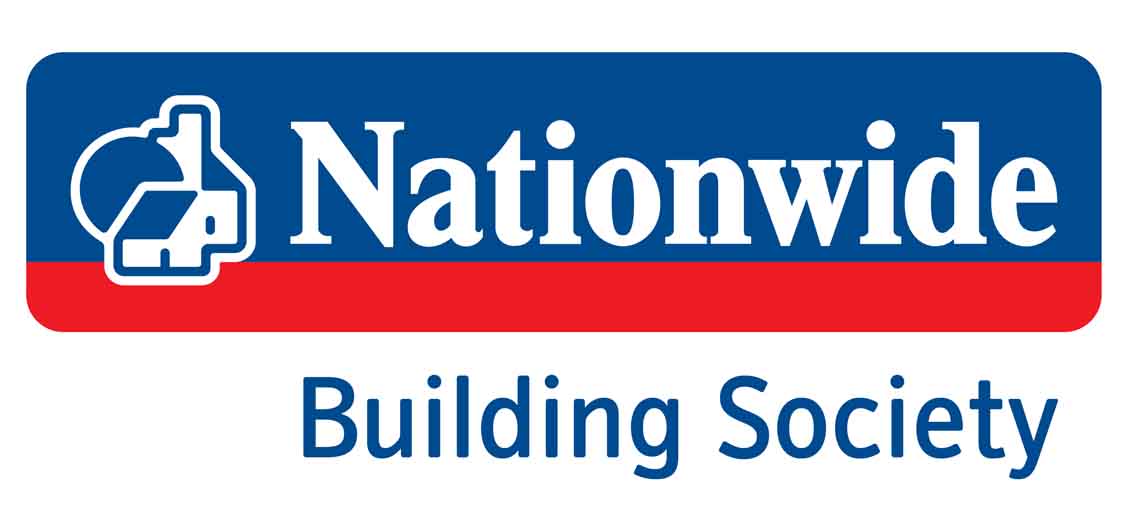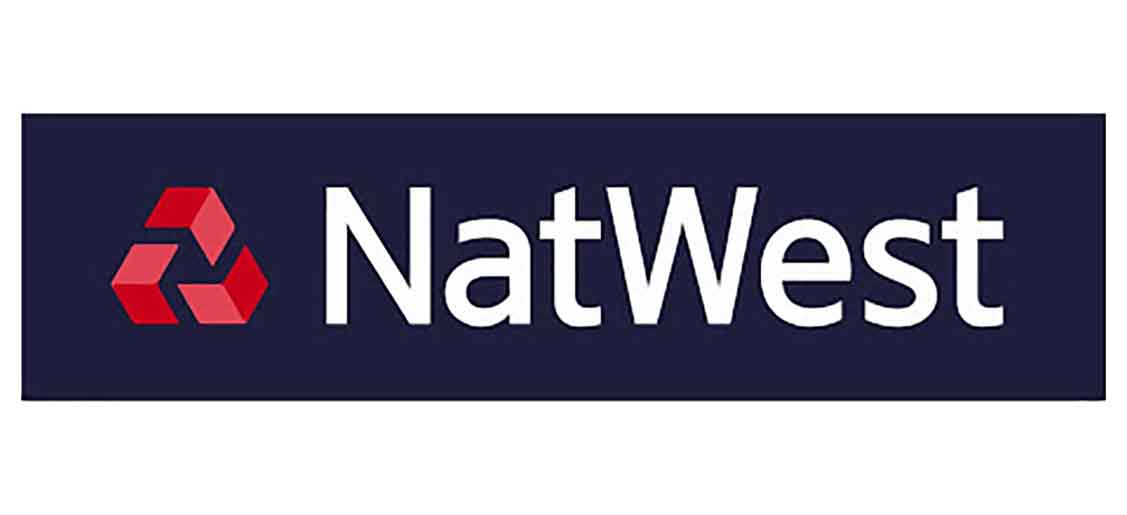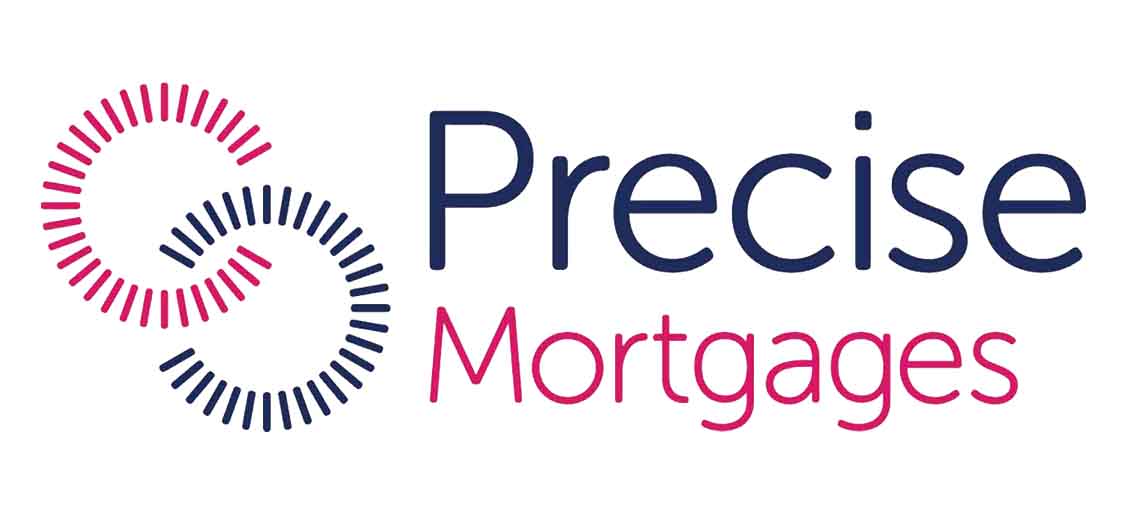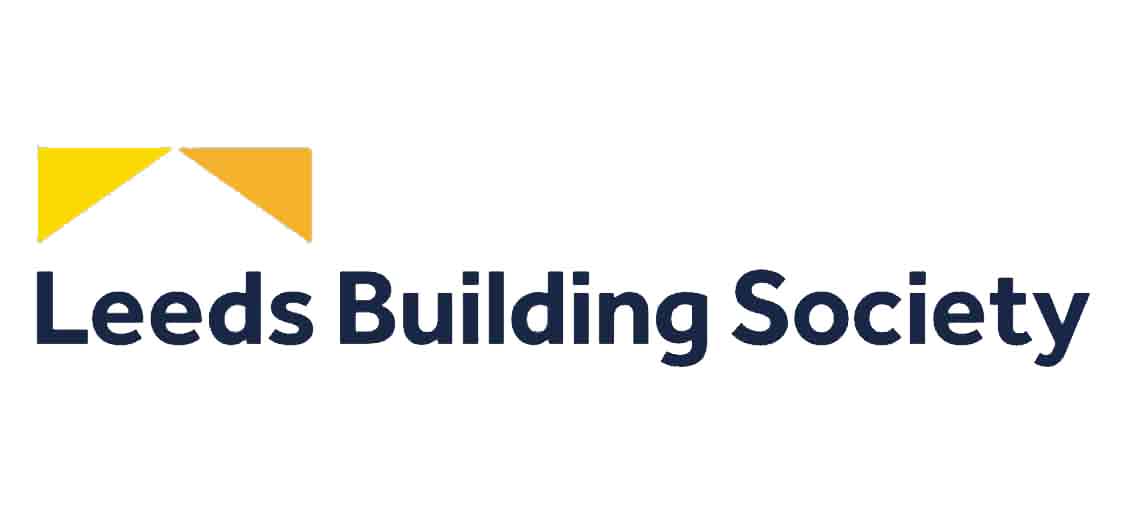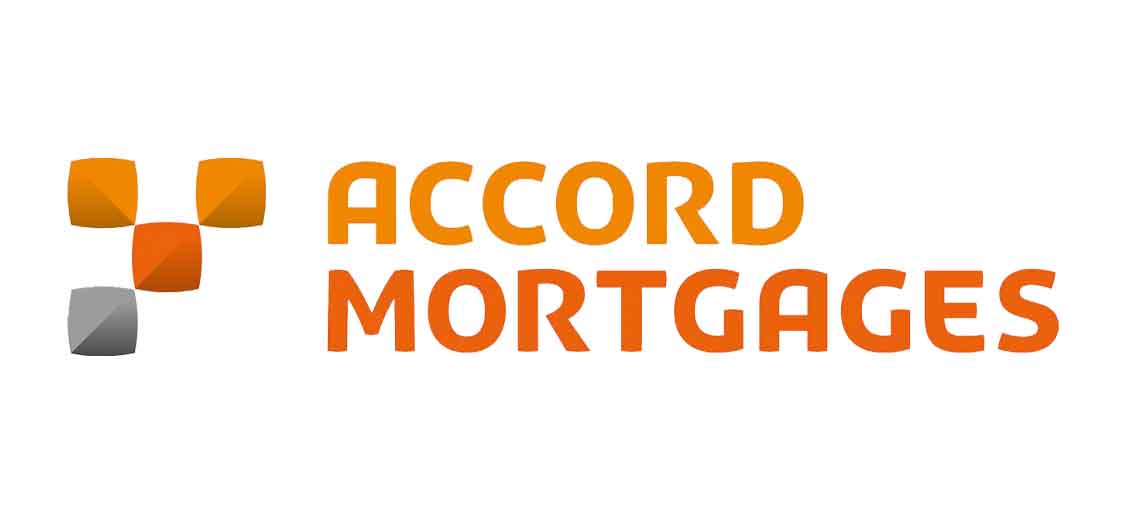Navigating Mortgages in Retirement: Standard vs Buy-to-Let
Retirement marks a significant shift in financial priorities. When considering property purchases, the choice between a standard residential mortgage and a buy-to-let mortgage becomes particularly relevant. Let’s delve into the key differences between these options and explore how a mortgage advisor can guide you through the decision-making process.
It’s important to remember that there are standard alternatives available which may be more suitable than equity release or retirement interest-only mortgages.
Standard mortgages
Put simply a standard or traditional mortgage may be perfectly suitable and available to you in the first instance. Many lenders now are able to consider lending to you up until your 70th, 75th or even 80th birthday if you have a stable source of income available.
This could be in the form of a job, self-employed income, investment income, rental income or pension. This can mean you can potentially raise the funds you need without needing to consider equity release and later life lending mortgage options.
This can be advantageous as you may plan to sell and downsize the property long term but need to raise capital in the meantime but don’t want to get tied up in an equity release arrangement.
In a standard mortgage arrangement, you will, however, need to make monthly payments, which is a significant difference to equity release, where no mortgage payments are typically due each month.
Equity Release and Lifetime Mortgages advice needs are referred to a third party. Neither Your Property Financial Ltd nor PRIMIS are responsible for the service received from the third party.
Buy-to-let mortgages
Similar to standard residential mortgages, raising the funds you need from your existing buy-to-let property or property portfolio (if you have one) could be more suitable than raising the funds against your main residence.
Depending on your buy-to-let ownership set up, there can be tax advantages to doing this, and equally, you can typically raise significantly more from your buy-to-let property and mortgage vs your residential standard mortgage, as the mortgage raised is typically just linked to the rental income the property achieves, not your personal income.
You may also wish to retain the buy-to-let property long term for the rental income, but equally wish to enjoy some of the capital appreciation, without selling the property. Therefore, capital raising on your buy-to-let properties is an option to consider, if applicable to you.
Most buy-to-let mortgages are not regulated by the Financial Conduct Authority.
Equity Release and Lifetime Mortgages advice needs are referred to a third party. Neither Your Property Financial Ltd nor PRIMIS are responsible for the service received from the third party.




